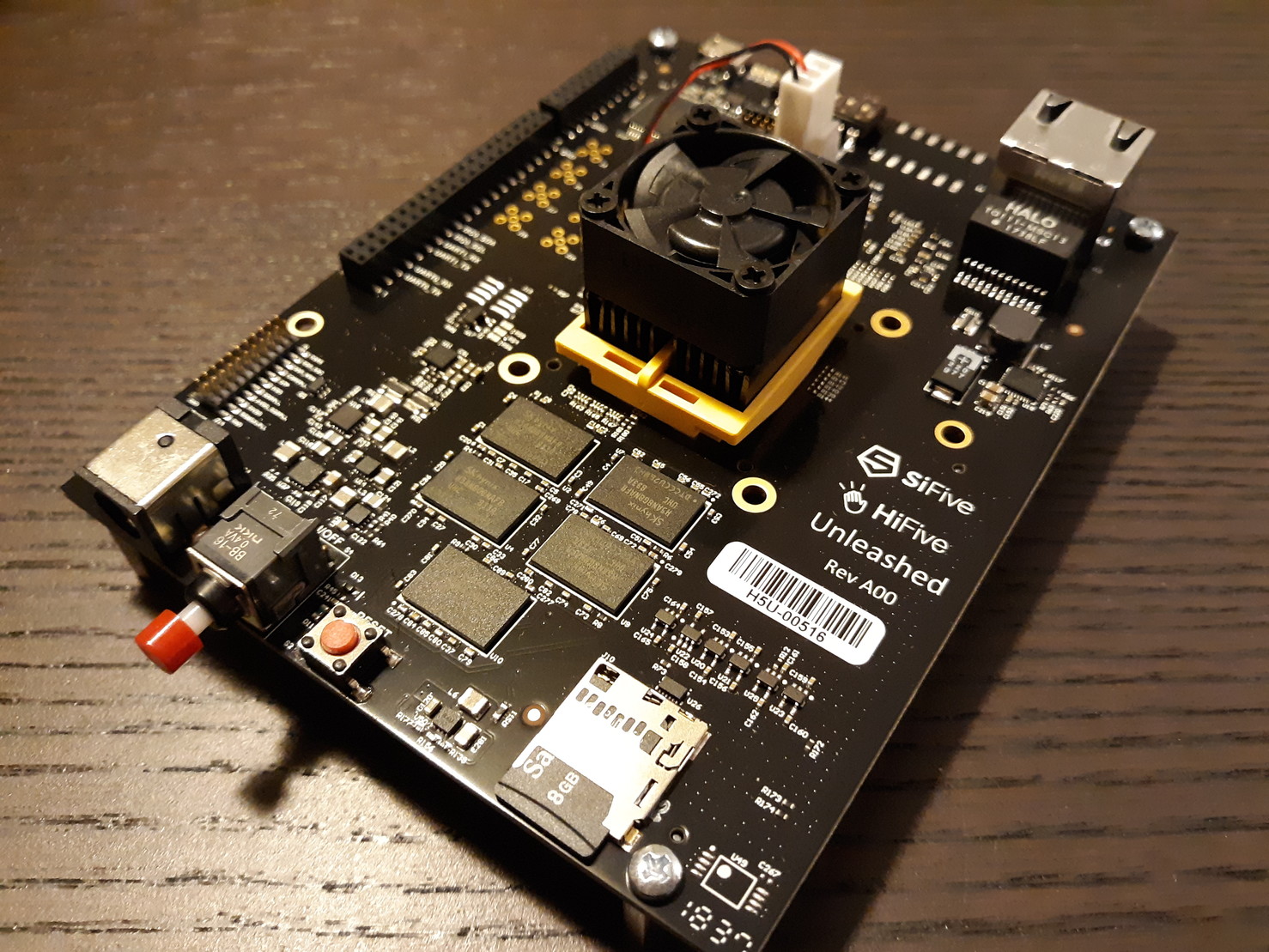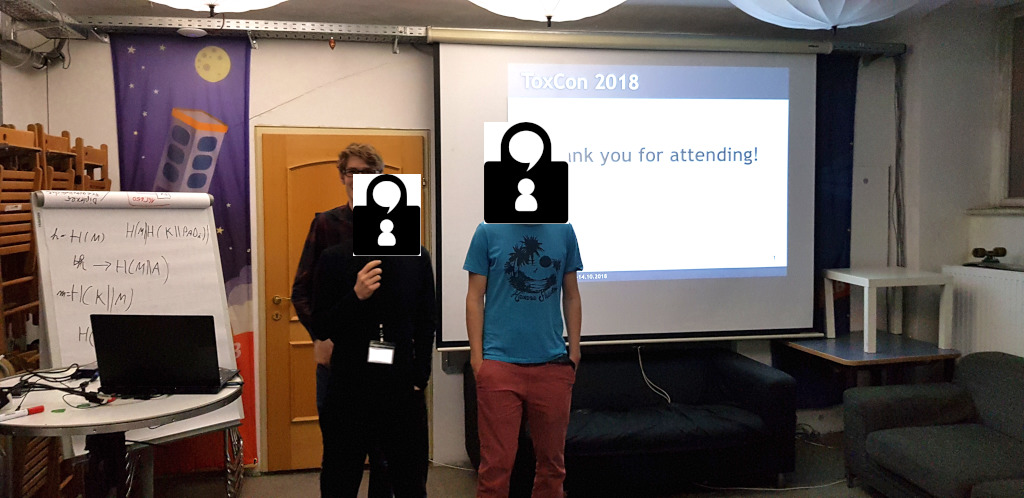Feed digilinux.ru [copy] http://digilinux.ru/feed/ has loading error: cURL error 22: The requested URL returned error: 403 Forbidden
Feed freepost [copy] https://freepo.st/rss/new has loading error: cURL error 22: The requested URL returned error: 500
Porting Alpine Linux to RISC-V

I recently received my HiFive Unleashed, after several excruciating months of waiting, and it’s incredibly cool. For those unaware, the HiFive Unleashed is the first consumer-facing Linux-capable RISC-V hardware. For anyone who’s still lost, RISC-V is an open, royalty-free instruction set architecture, and the HiFive is an open CPU implementing it. And here it is on my dining room table:
This board is cool. I’m working on making this hardware available to builds.sr.ht users in the next few months, where I intend to use it to automate the remainder of the Alpine Linux port and make it available to any other operating systems (including non-Linux) and userspace software which are interested in...
How the Dreamcast copy protection was defeated
How the Dreamcast copy protection was defeated!
Game Engine Black Book: Wolfenstein 3D, 2nd Edition
The second edition of the Game Engine Black Book: Wolfenstein 3D is out.
How to abandon a FLOSS project
It’s no secret that maintaining free and open source software is often a burdensome and thankless job. I empathise with maintainers who lost interest in a project, became demotivated by the endless demands of users, or are no longer blessed with enough free time. Whatever the reason, FLOSS work is volunteer work, and you’re free to stop volunteering at any time.
In my opinion, there are two good ways to abandon a project: the fork it option and the hand-off option. The former is faster and easier, and you can pick this if you want to wash your hands of the project ASAP, but has a larger effect...
sr.ht, the hacker's forge, now open for public alpha
I’m happy to announce today that I’m opening sr.ht (pronounced “sir hat”, or any other way you want) to the general public for the remainder of the alpha period. Though it’s missing some of the features which will be available when it’s completed, sr.ht today represents a very capable software forge which is already serving the needs of many projects in the free & open source software community. If you’re familiar with the project and ready to register your account, you can head straight to the sign up page.
For those who are new, let me explain what makes sr.ht special. It provides many of the trimmings you’re used...
ToxCon 2018 report

This year’s ToxCon was super fun, thanks to everyone who attended it!
If you have missed the event, list of talks, talk slides and some photos from the event are available online. No videos are available as it was decided not to record the talks.
We are planning to hold another ToxCon the next year, so keep an eye for announcements. If you are working on anything fun with Tox and want to share it with the world, consider giving a talk at the next ToxCon — we would be happy to host your talk.
Here are a couple of the photos from...
It's not okay to pretend your software is open source
Unfortunately, I find myself writing about the Commons Clause again. For those not in the know, the Commons Clause is an addendum designed to be added to free software licenses. The restrictions it imposes (you cannot sell the software) makes the resulting franken-license nonfree. I’m not going to link to the project which brought this subject back into the discussion - they don’t deserve the referral - but the continued proliferation of software using the Commons Clause gives me reason to speak out against it some more.
One of my largest complaints with the Commons Clause is that it hijacks language used by open source projects to proliferate...
How does virtual memory work?
Virtual memory is an essential part of your computer, and has been for several decades. In my earlier article on pointers, I compared memory to a giant array of octets (bytes), and explained some of the abstractions we make on top of that. In actual fact, memory is more complicated than a flat array of bytes, and in this article I’ll explain how.
An astute reader of my earlier article may have considered that pointers on, say, an x86_64 system, are 64 bits long1. With this, we can address up to 18,446,744,073,709,551,616 bytes (16 exbibytes2) of memory. I only have 16 GiB of RAM on this computer, so...